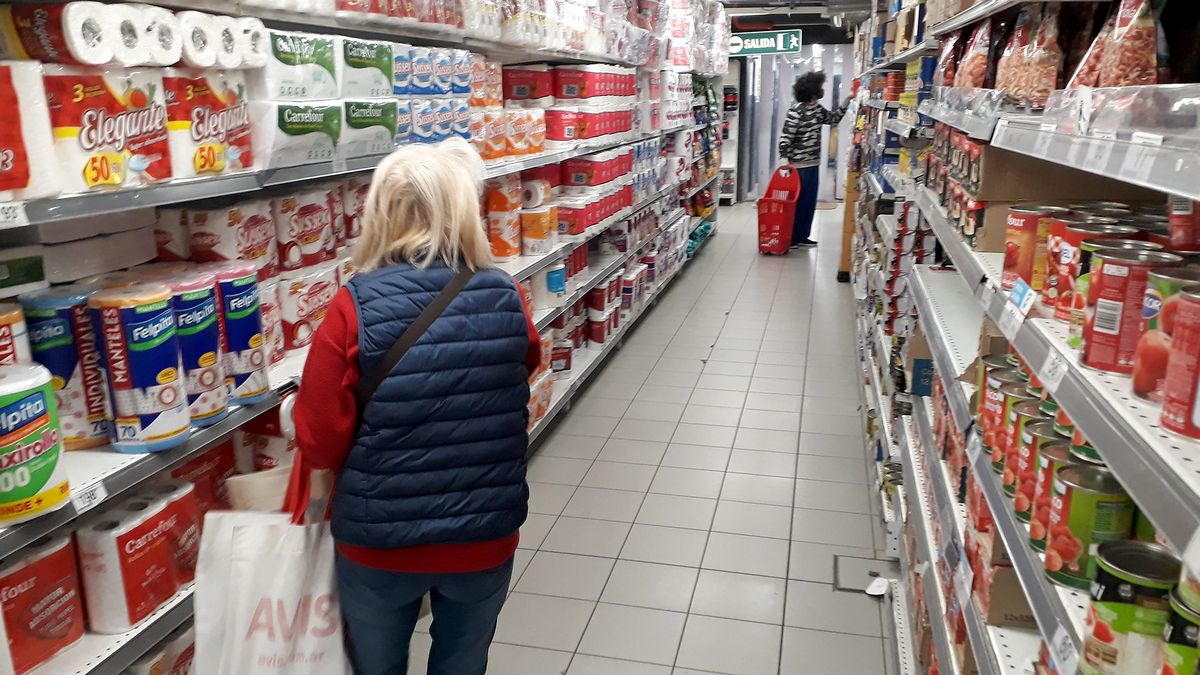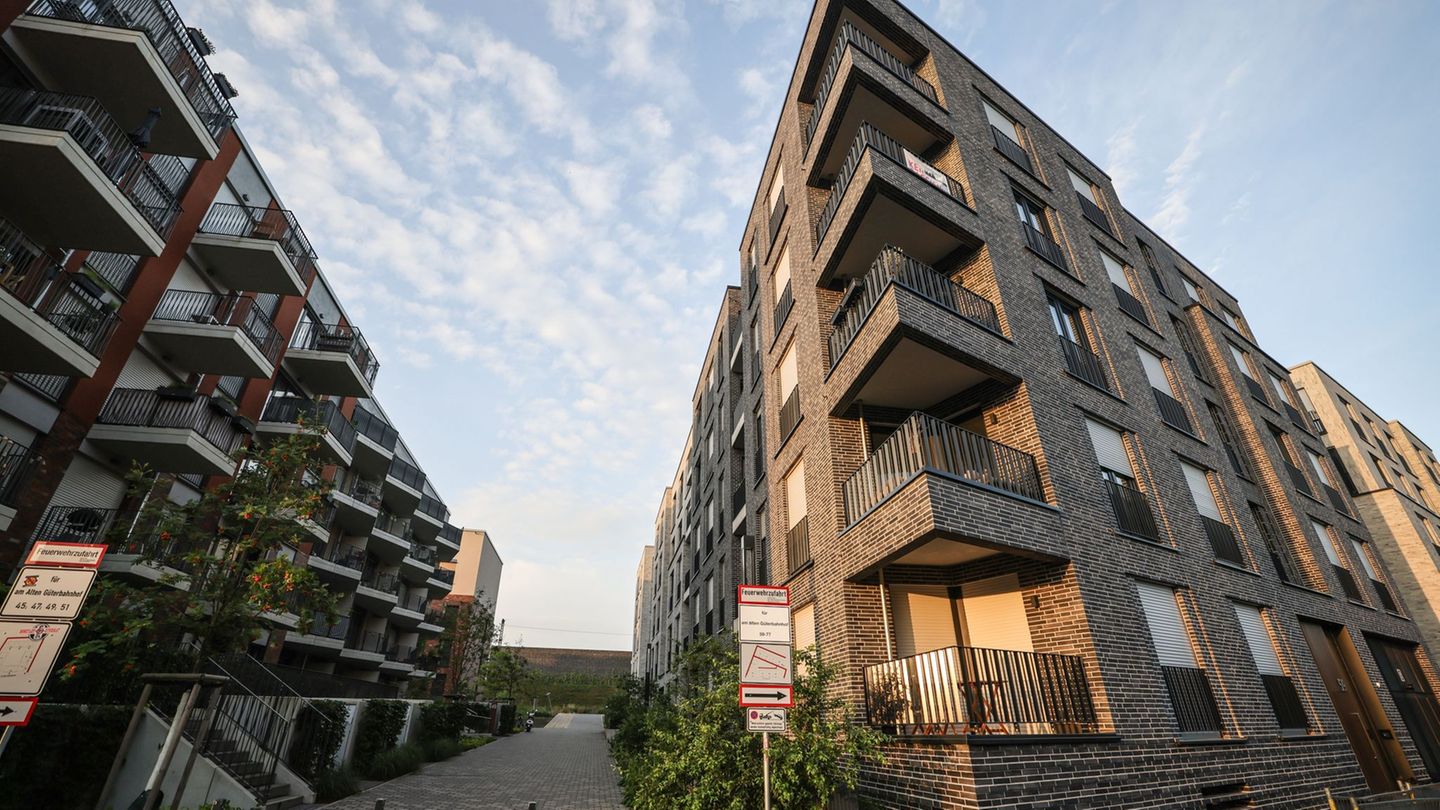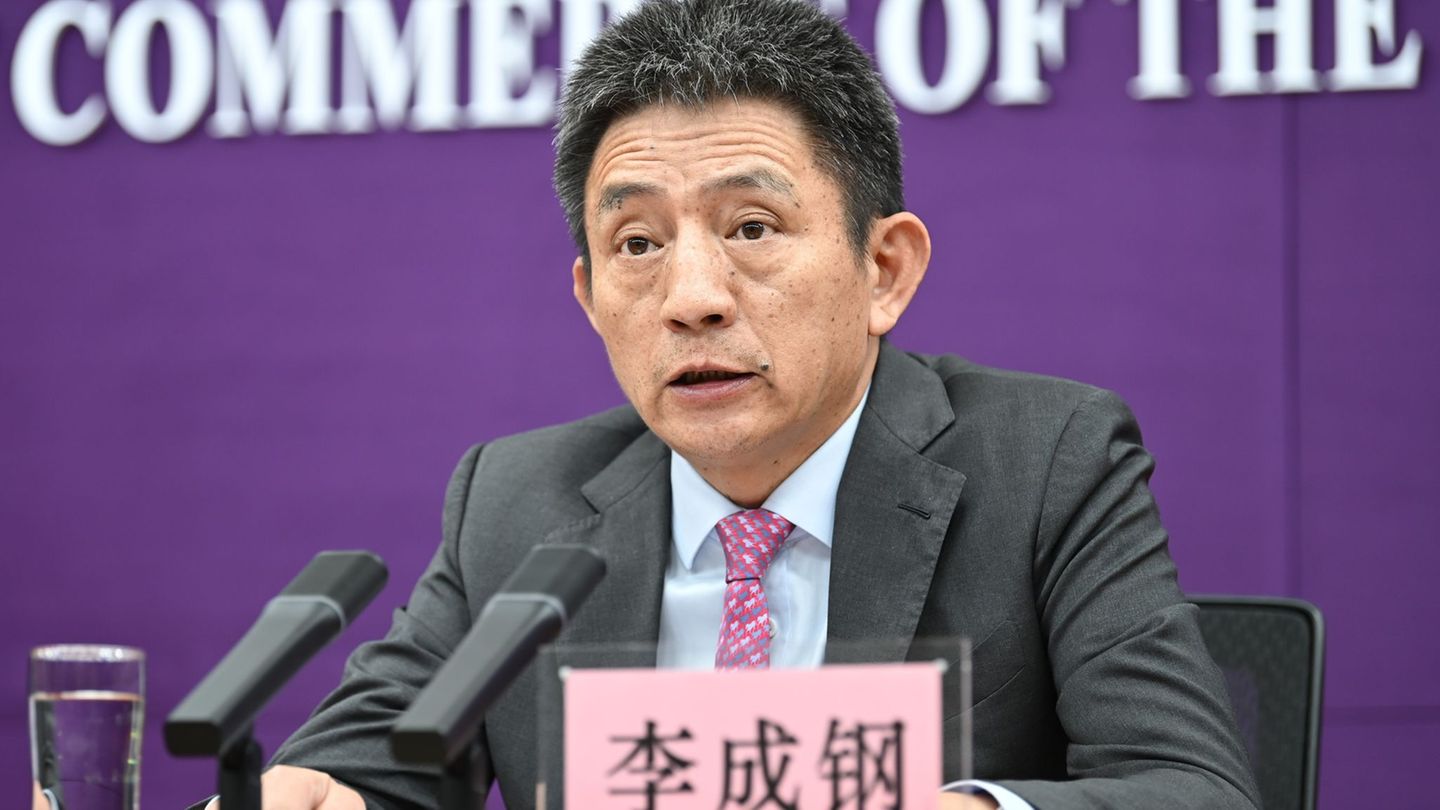The official asked them to bring back the prices of the products contained in the new basket to the value of October 1, and to keep it for 90 days. “In the marketing of the provinces, the supermarket chains do not have the weight that they have in the metropolitan areas,” Feletti stated in a press conference.
Thus, each wholesaler will operate with the prices it had on October 1, and not with the list that was published in the Official Gazette, which establishes retail prices by district. In this way, since neighborhood businesses buy from wholesalers, they were unable to comply with the freeze.
In the last hours, Debora Giorgi, Undersecretary of Domestic Trade, received Fernando Savore, representative of the warehouse federation, already Yolanda duran, from the Chinese Supermarket Chamber of Commerce. Traders expressed interest in being part of the freeze, to maintain “competitive” prices. Although as this newspaper was able to know, if they do not comply with the freeze, they will be excluded from fines or closures.
Although during the weekend, Chinese stores and supermarkets in the Buenos Aires suburbs received inspections, they will have a differentiated control. Those sent from the municipalities and social organizations, in case of finding products with prices other than the list, will ask for the merchandise purchase invoices, and the sanction will be transferred to the distributor or wholesaler. “Retailers have nothing to fear,” Feletti said.
In dialogue with this newspaper, Savore from the grocery sector stated that for the moment they will not comply with the freeze: “We support this measure, but thus, we cannot comply. The wholesaler charges $ 69 for sugar and I have to sell it for $ 69, they don’t give me the costs. Neither will they be able to close one because otherwise they have to close the 26 thousand businesses in the province of Buenos Aires ”.
Along the same lines, Duran, from the Chinese supermarket sector, added: “We would love to be part of it, but they told us that we were not included in the program.” On the other hand, from the neighborhood shops they revealed that there is the idea of relaunching the Super Cerca plan, where the prices are printed on the packaging, so that it can be effectively met. “Instead of 70 products as it was, I could have more than 100,” said Duran.
Different is the case of supermarkets. According to data from the Secretary of Commerce, compliance reached 100% in Carrefour, Disco, Jumbo and Vea, and 99% in Coto, in the Greater Buenos Aires headquarters. The lowest compliance was Día, with 90%, due to “the size of the surface”, justified Feletti. The lowest compliance was at Walmart, today Changomás, where it reached 62% in Buenos Aires and 77.5% in Capital. This chain, owned by businessman Francisco De Narváez, had more than 25 inspections since Friday.
In another of the meetings that were held this Wednesday at the Secretary of Commerce, with the nucleated supermarkets CAS and FASA, Giorgi assured them that the list of the freezing will be kept “without alterations”, as regards the products and their prices. , despite the strong business demand for modifications. “Except in specific cases,” the cameras released. “Based on the arguments about the large number of inconsistencies to comply with, Giorgi asked that they send him specific information from manufacturers, distributors or wholesalers that do not fit, committing to act,” the statement added.
David William is a talented author who has made a name for himself in the world of writing. He is a professional author who writes on a wide range of topics, from general interest to opinion news. David is currently working as a writer at 24 hours worlds where he brings his unique perspective and in-depth research to his articles, making them both informative and engaging.




